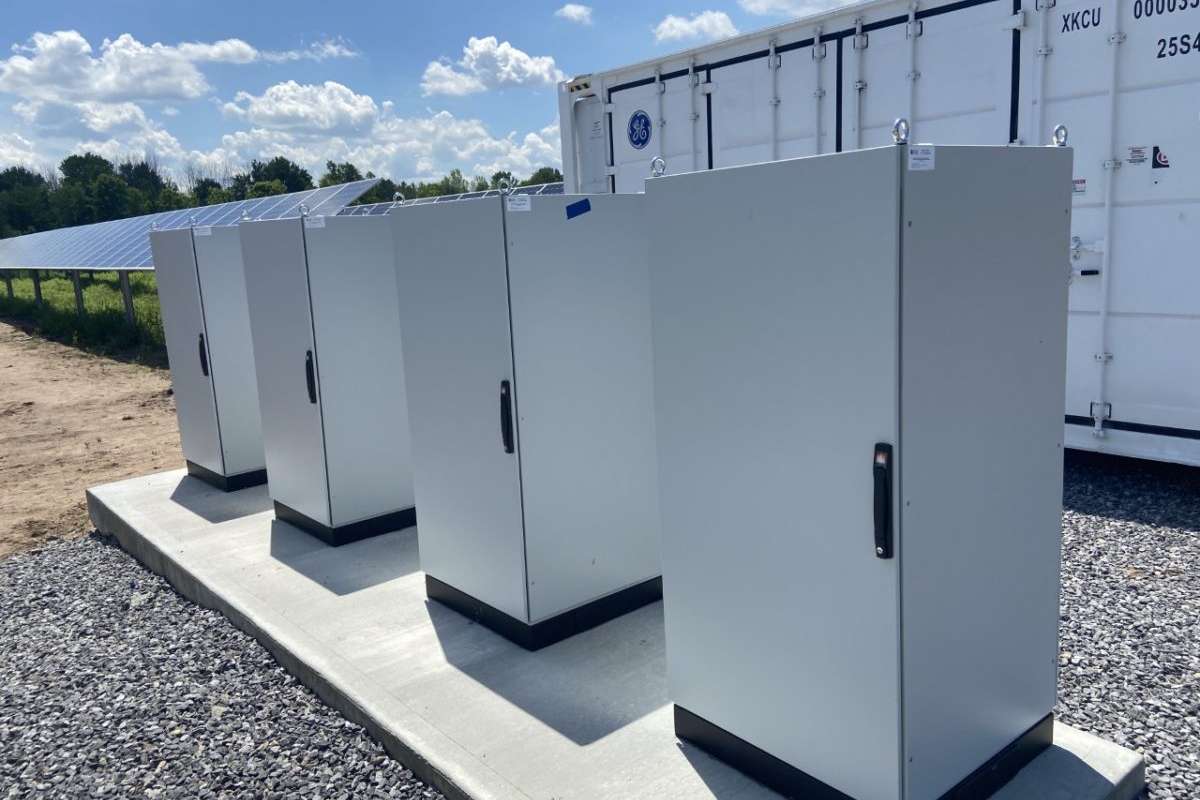Moratorium on Battery Energy Storage Systems Extended
The Yonkers City Council has unanimously voted to extend the existing 180-day moratorium on new Battery Energy Storage Systems (BESS) for an additional six months. Initially implemented on July 16, the moratorium was established to allow the city time to assess the environmental and safety impacts of Yonkers Extends Battery Storage facilities, which primarily consist of lithium-ion battery banks used to store excess electricity. These storage units are often linked to solar power farms, allowing energy generated during the day to be stored and used later when needed.
The ordinance that introduced the initial moratorium also allowed for an extension if deemed necessary by the council. Officials noted that the city had commissioned a consultant to study and develop regulations for BESS installations. However, the study is still ongoing, prompting the council to extend the ban to ensure comprehensive and well-informed policies are in place before approving new projects.
Concerns Over Environmental and Public Safety
Yonkers Mayor Mike Spano, who initially urged the City Council to impose the moratorium, emphasized the importance of evaluating the environmental impact of lithium-ion battery storage systems before allowing new installations. “We need this moratorium on lithium-ion battery facilities to give us more time to determine their environmental impact,” he stated. He further stressed that while the city encourages innovation and smart development, proceeding without thorough research would be irresponsible, particularly when public safety is at stake.
Yonkers Extends Battery Storage discussions as the city continues reviewing a proposed BESS facility at 1100 Saw Mill River Road. The project planned to utilize Tesla’s Megapack MP2XL battery storage units, which are each capable of storing up to 3.916 megawatt-hours (MWh) of electricity. For context, one MWh is equivalent to one million watts of power supplied for an hour. Each Megapack unit weighs approximately 89,000 pounds and is equipped with safety mechanisms, including a system to release unwanted gases to prevent buildup and potential explosions. Additionally, a temperature control system is designed to regulate heat levels within the storage units.
Potential Benefits and Next Steps
Despite concerns over safety and regulations, proponents of battery storage technology argue that such systems can play a crucial role in stabilizing the power grid and promoting renewable energy adoption. The Yonkers project, if approved, would enable stored energy to be distributed directly to consumers through New York State’s Community Distributed Generation Program. This initiative allows residents to offset their electricity consumption with locally generated solar power, potentially lowering energy costs and reducing reliance on nonrenewable sources.
Yonkers Extends Battery Storage restrictions as the city awaits the completion of its study, ensuring no new BESS installations proceed until appropriate guidelines are in place. The decision reflects a cautious approach to balancing technological advancements with environmental and public safety considerations.
Visit Oil Gas Energy Magazine for the most recent information.












